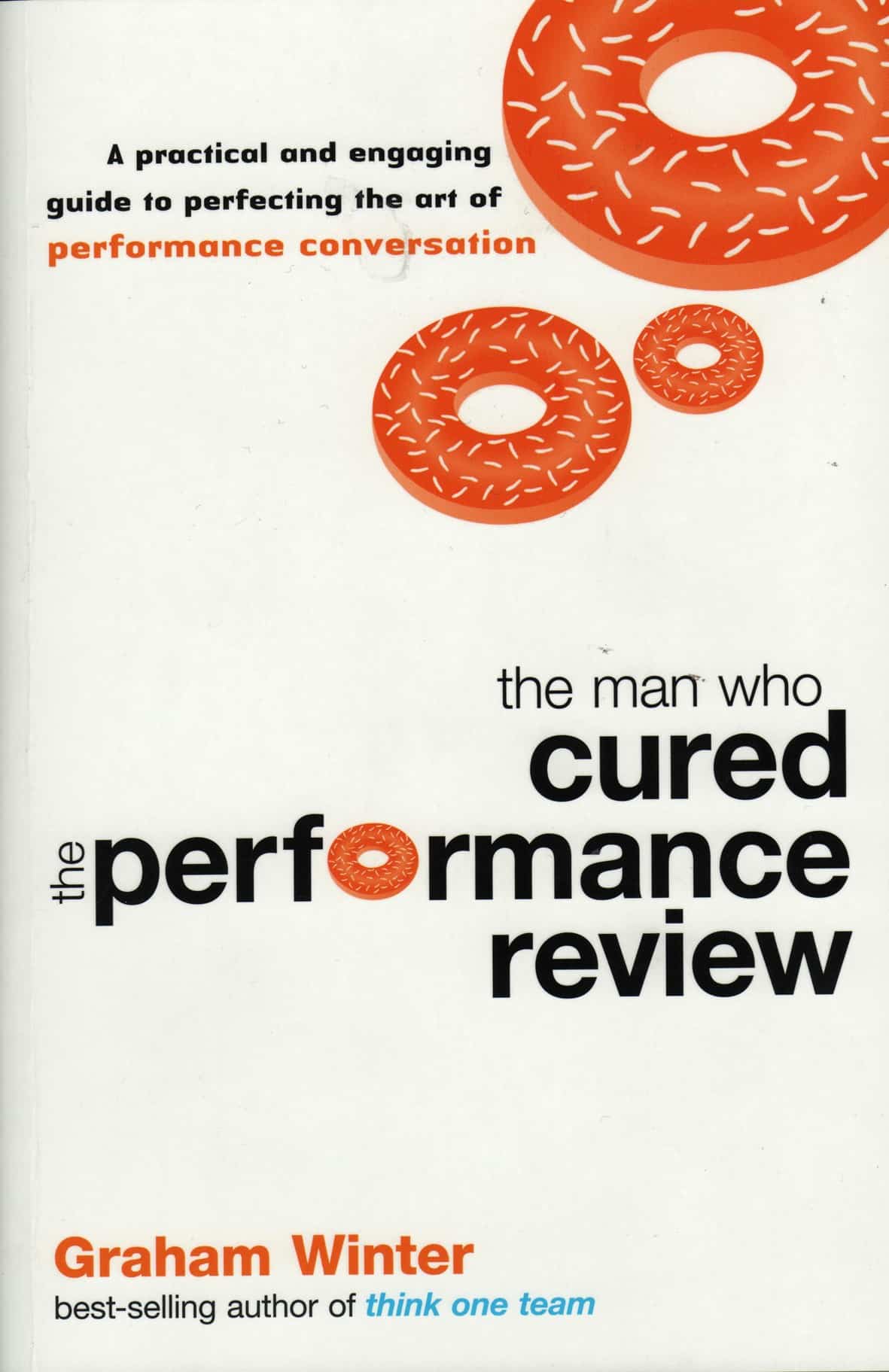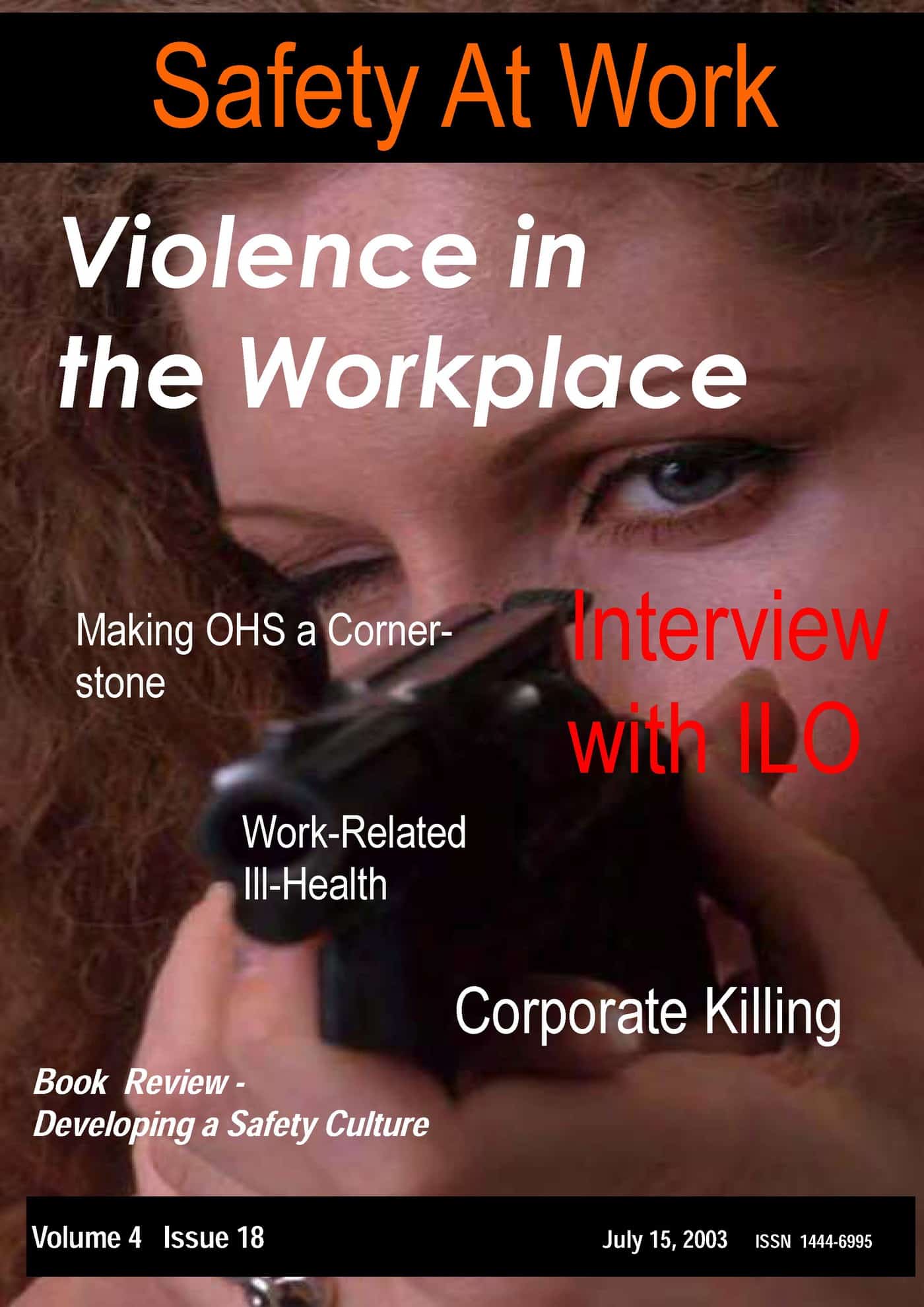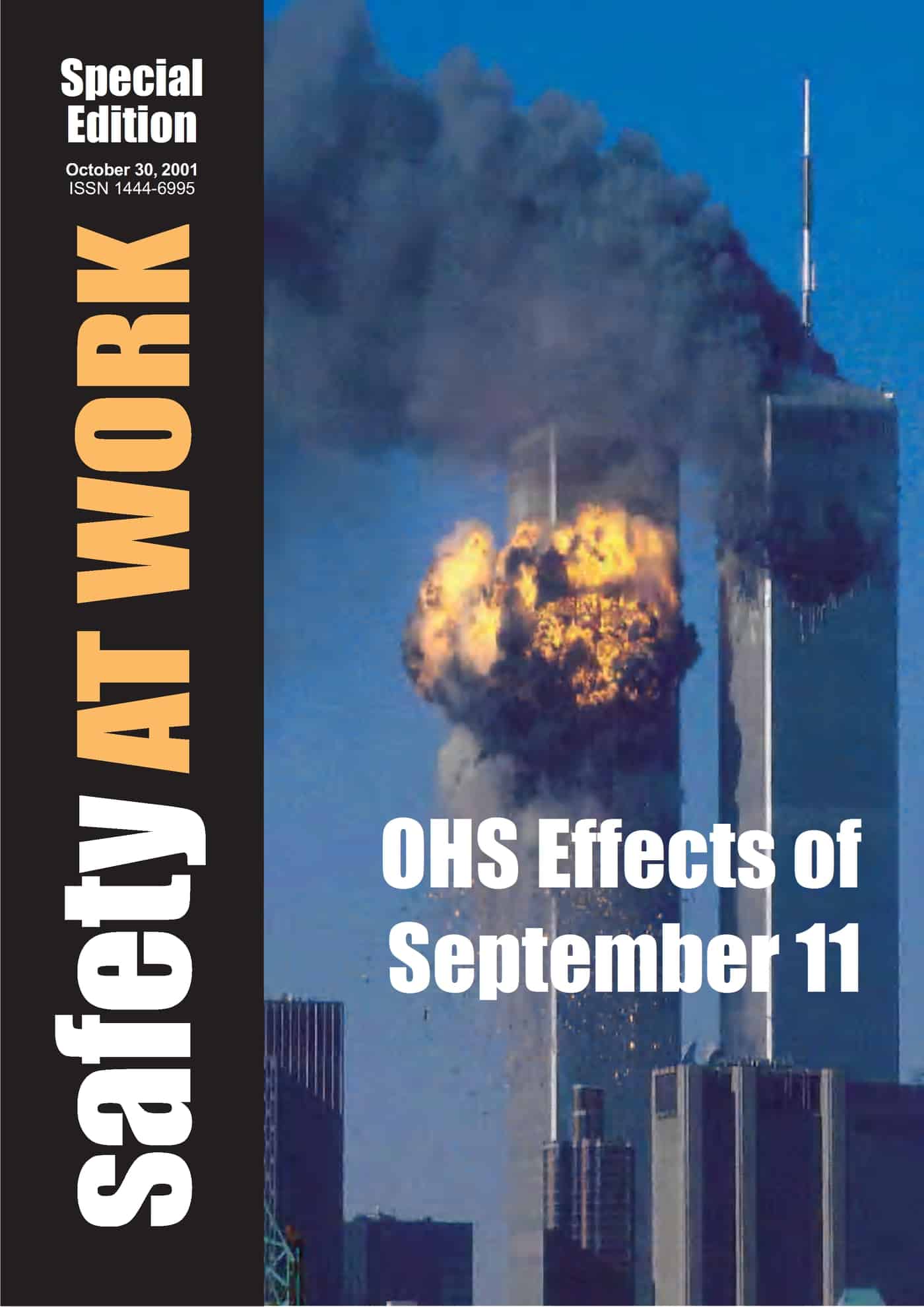In January 2009, SafetyAtWorkBlog reported on the end of a political saga involving parliamentarian Paula Wriedt. Ms Wriedt has since become a spokesperson for the treatment of depression and on 10 August she spoke with the Australian Broadcasting Corporation about more resources for the treatment of mental health issues in the young.
Category: interview
Leadership, stress and performance reviews – interview
Graham Winter is an Australian psychologist  who was the chief psychologist for the Australian Olympic team and is now an author and business adviser. In August 2009 he has a book released entitled “The Man Who Cured the Performance Review”.
who was the chief psychologist for the Australian Olympic team and is now an author and business adviser. In August 2009 he has a book released entitled “The Man Who Cured the Performance Review”.
SafetyAtWorkBlog managed to interview Graham last week about the book, stress and safety leadership. The SafetyAtWorkBlog podcast is available for download.
Safety At Work podcasts
As many will have noticed, I have been resurrecting some of the podcasts and interviews from several years ago and making them available, alongside new content, on SafetyAtWorkBlog. Many of the old podcasts were available through iTunes at the time but that was before this blog and the multimedia options it presents.
Just as this blog has an RSS feed so do the podcasts. If you want to subscribe to the audio through your media player, some of them allow this and the relevant feed is http://safetyatworkblog.wordpress.com/tag/audio/feed
Some of the podcast content may only have historical interest but I believe it is better to have this available universally on line than sitting in my archive.
2006 interview with Dr Jukka Takala of EU-OSHA
In October 2006, I interviewed Dr Jukka Takala for the SafetyAtWork podcast. Jukka had just taken over as director of the European Agency for Safety and Health at Work from Hans-Horst Konkolewsky.
The agency has continued its important work but seems since 2006 to focus more on the EU internal requirements rather than reaching out globally as before. This is understandable given the influx of new EU member states over that time but it is disappointing when an OHS “regulator’s” website has so many dead links to its former international partners.
The 2006 podcast is available for download.
The transcript of an earlier interview I conducted with Jukka in his ILO days is available by clicking the cover image below.
Panic in disaster planning
Three years ago I had the privilege of arranging for Dr Lee Clarke of Rutgers University to attend the Safety in Action Conference in Australia. Lee had a book out at the time, Worst Cases, and spoke about the reality of panic. Lee’s studies have continued and are, sadly, becoming more relevant.
Recently, Rutgers University posted a video interview with Lee on Youtube.
Shortly after the World Trade Center collapse in 2001, I asked Lee to write something about the event from his experience and perspective. He wrote a piece for a special edition of Safety At Work magazine. The article has been available through his website for some time and is now available through here by clicking on the image below.
I strongly recommend Lee’s books. As he says in the video, they’re quite fun, in a sad sort of way.
The new generation of foolhardy reporters
In 1975 five Australian reporters were killed while covering the armed dispute between the Indonesian military and, what used to be called “freedom fighters”, the Fretilin in East Timor. An indication of how circumstances can change is that José Ramos Horta, the current President of East Timor was a founder and former member of Fretilin, the Revolutionary Front for an Independent East Timor.
Since that time, in particular, in Australia, the issue of safety of media employees has gained considerable attention, primarily through the work of the journalist’s union, the MEAA, and the international Dart Center for Journalism & Trauma.
But there are a new generation of freelancers and writers who come to reporting from outside the tertiary journalism courses (this writer included) who do not have the benefit of accessing the wisdom and advice of experienced reporters. These writers (I do not apply the term journalist even to myself) see the excitement of reporting from exotic locations and areas of conflict. New technology of recording and distribution only encourages them because it makes the reporting process easier or, at least, makes it easier to provide content, the quality of the content is often questionable.
A new book is being released in Australia concerning the Balibo Five and the author spoke to the Australian Broadcasting Corporation. Tony Maniaty, who was in Indonesia at the time and spoke with the Australian reporters, touches on the risks to which the new generation of reporters are willingly exposing themselves. His comments are timely and reinforce the importance of what used to be called listening to the wisdom of elders but now seems to be mentoring. His comments apply to all occupations and professions.
A feature film is being made about this period and the events surrounding the Balibo Five. Maniaty attending the shooting of the film and spoke about this in a Youtube video, ostensibly for the promotion of his book.
Welding explosion burn survivor talks about the experience
The 19 May 2009 edition of The 7.30 Report included a fresh perspective on rehabilitation from workplace injuries. According to the website
“Sydney man Frank Spiteri was not expected to live after suffering third-degree burns to 70 per cent of his body in a major workplace explosion in 2007.
Not only did Mr Spiteri survive, but he has transformed from an overweight businessman into a fitness fanatic who is determined to help other burns victims.”
The Australian Broadcasting Corporation has provided an extended interview with Frank online. It is a story of extraordinary personal will, a story rarely seen on national television.


